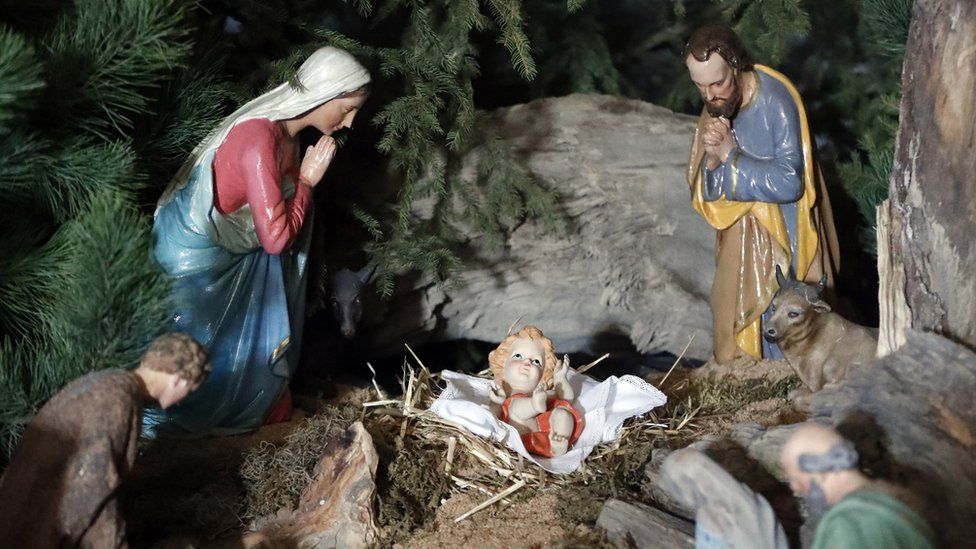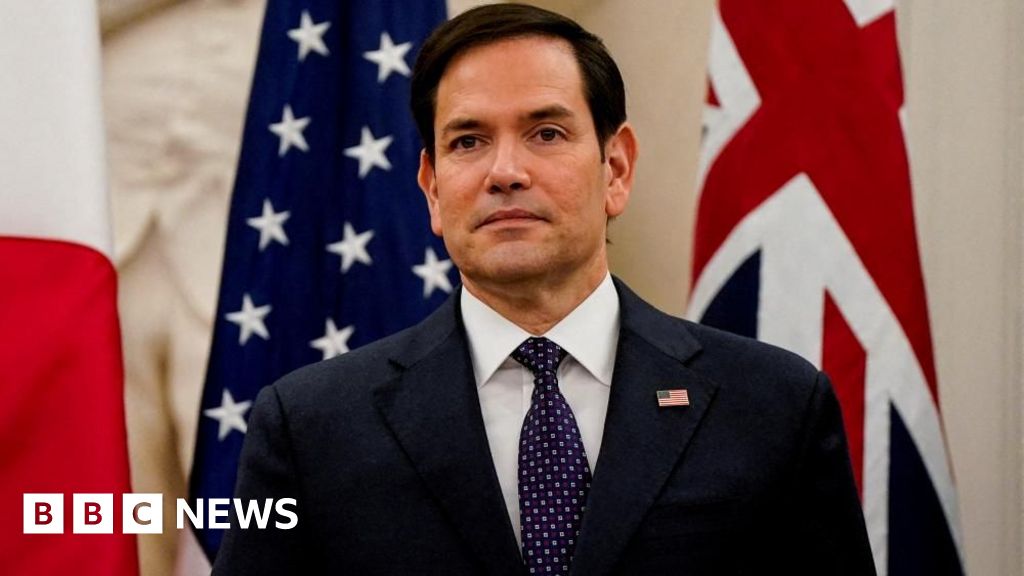ARTICLE AD BOX
 Image source, Getty Images
Image source, Getty Images
Nativity scenes have traditionally been a symbol of Italy's Catholic heritage
By Kathryn Armstrong
BBC News
Italy's far-right government is seeking to crack down on schools that scrap Christian nativity scenes in order to reflect greater religious diversity.
A draft law introduced on Wednesday seeks to protect the country's "cultural roots" by promoting "traditional" Christmas and Easter celebrations.
Under it, principals who choose not to put on nativities could be fined.
The move has been widely criticised by opposition parties and school unions.
"For some years now we have witnessed unacceptable and embarrassing decisions by some schools that ban nativity scenes or modify the deep essence of Christmas by transforming it into improbable winter festivities so as not to offend believers of other religions," said Lavinia Mennuni, a senator for the ruling Brothers of Italy party, who introduced the bill.
Under the proposed legislation, schools would be unable to prevent "initiatives promoted by parents, students, or competent school bodies, aimed at activities linked to traditional celebrations such as Christmas and Easter, such as the setting up of nativity scenes, plays and other events related to them".
"Allowing the transformation of the Sacred Christian holidays into another anonymous type of celebration would constitute discrimination against the students and their families practicing the majority religion as well as an attack on the values and the deepest tradition of our people," the draft text reads.
Riccardo Magi, secretary of the left-wing More Europe party, wrote on X (formerly Twitter) that the Brothers of Italy's proposal "should offend all believers, as well as being unconstitutional because it contradicts freedom of worship".
"Instead of governing the country, a duty they [the Brothers of Italy] don't know how to manage, they continue to use 'weapons of distraction' like this law against principals who agree to the removal of the nativity scene at school," said Luana Zanella from the Green Europe party.
Attilio Fratta, president of the national headmasters' association, said he thought the proposal was a "hoax".
"I am amazed how anyone can give weight to such news," he said in a statement.
"We are faced with measures that are only useful for diverting the attention of Italians from the real problems of schools and the country."
"Operations like this which interfere, among other things, with the autonomy of schools, are not acceptable. We will support in every way the principle of school autonomy and the secular nature of public schools," said Gianna Fracassi, head of the Federation of Education Workers.

 1 year ago
18
1 year ago
18








 English (US) ·
English (US) ·